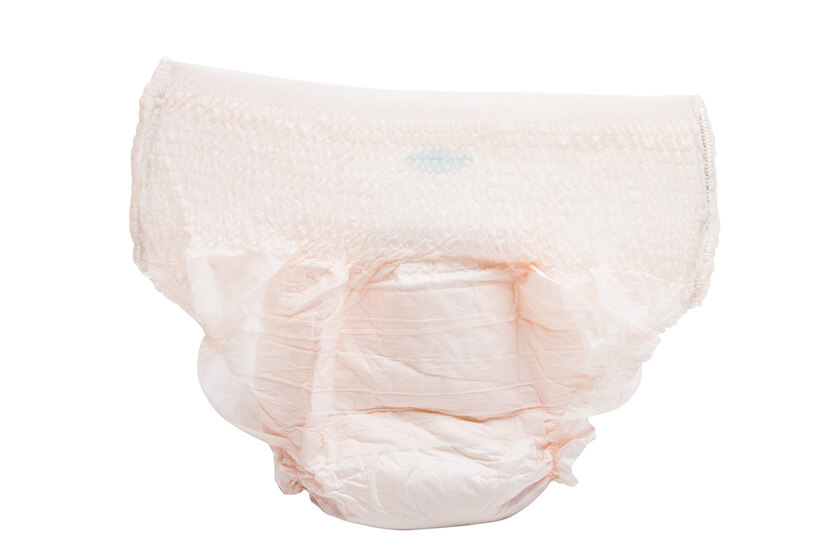Most often than not, the majority of older adults find it difficult to come to terms with their incontinence problems. Many will try to ignore this new development in their lives and carry on with their day-to-day activities like usual. However, a head-in-the-sand approach will often backfire, drawing more attention to their condition. There are many ways to encourage older adults to address their incontinence problems, but the process requires understanding and patience along with a commitment to uphold their dignity. Here are some ways to encourage your aging parents to wear continence products.
Eliminate the Word “Diaper”
Older adults often rebel against the word “diaper” like how anyone else usually would, and for good reason. This term is generally associated with infants or toddlers who have yet to be potty-trained. Which adult would react kindly to that term when it is applied to them? The bottom line is that diapers are meant for babies and no adult should be treated like a baby regardless of their mental or physical capacities. Age-related conditions already rob our loved ones of their dignity and independence so we need to figure out how to communicate with our aging parents better when it comes to their incontinence problems.
Determine the Root of the Problem
When incontinence becomes an occasional problem, it is advisable for the older adult to consult their doctor about their issue. Their incontinence may be caused by something straightforward like an overactive bladder, a urinary tract infection, or a more severe underlying problem like pelvic organ prolapse in women or prostate problems in men. After tests have been done, the doctor may be able to recommend minor surgical procedures, pelvic floor exercises, or even medications that can help manage incontinence symptoms. At times, getting a second opinion from a urologist is also a good option. If the root of the problem can be identified, then continence products might not even become necessary.
Deal with Issue Head On
For older adults who are still cognitively sound and still choose to live in denial about their incontinence problems, try appealing to their sense of vanity. Pride is often the reason behind our sense of denial and it is especially true when it comes to age-related conditions. Our culture is guilty of ageism which can cause many people to go to extreme measures to look as though they are winning the battle against time. Incontinence can be difficult to accept but if you can convince your aging parent that it is much more embarrassing to smell like urine as compared to wearing continence products, you may be on to something. Promise them that you will find something of high quality yet comfortable to wear so they can still maintain a low profile about their incontinence. Emphasize on the fact that they will still get to enjoy life independently and gain greater independence without affecting their appearance in any way. Many older adults shy away from social activities due to incontinence, but with the aid of continence products, they can stay fit and active with no restrictions.







